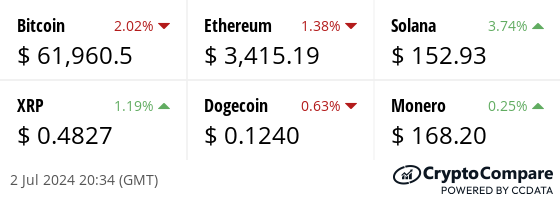Blockchain analytics firm Elliptic has announced the successful training of an artificial intelligence (AI) model to identify potential money laundering patterns on the Bitcoin blockchain.
This builds upon Elliptic's previous work in 2019, which utilized a dataset of 200,000 transactions. The new system, dubbed "Elliptic2," leverages a vastly larger dataset of 200 million transactions alongside a critical element – 122,000 pre-identified "subgraphs” that represent clusters of connected transactions linked to known illicit activities, providing the AI model with valuable training data.
In a paper co-authored with researchers from the MIT-IBM Watson AI Lab, Elliptic wrote that the larger the dataset, the more insightful AI becomes, with the sheer volume of transparent transaction data available on the blockchain providing an ideal training ground for AI to identify the patterns indicative of money laundering.
The research identified "peeling chains" as a frequent tactic employed by money launderers, which involve a user repeatedly sending ("peeling") small amounts of cryptocurrency to different addresses, while keeping the remaining balance in an address under their control. This method mirrors the traditional financial method of "smurfing," where large sums of cash are broken down into smaller transactions to evade regulatory reporting thresholds.
Another red flag identified by the AI involves "nested services." These entities act as intermediaries, moving funds through accounts held at larger cryptocurrency exchanges, often without the exchange's knowledge or consent.
A nested service might receive cryptocurrency from a client and then forward those funds to its own deposit account at a major exchange. These services are “known to frequently have less stringent customer due diligence checks than the cryptocurrency exchanges they utilize.”








